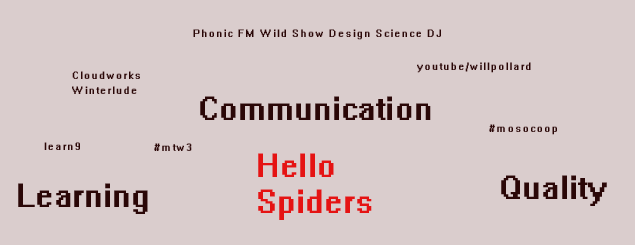Peter Scott and MOOC continued
The final part of the Peter Scott article includes a comment about Business Schools. It comes just after a claim that the "top" universities ( his quote marks ) will stand aside and above whatever else is going on.
But as for the rest – the institutions attended by the bulk of students (to which the extra students liberated by Osborne's generous lifting of the cap will be directed) – who can tell? Universities will be very tempted to offer high-volume, low-cost, big-appeal courses, even if they add little long-term value to either students or the country. The business school bubble could well be pumped up still more. Can courses in "celebrity" be far behind?
This might be the MOOC as unmentionable, high volume low cost, but what strikes me is the mention of a "business school bubble" as if this was well known. Presumably the views of Peter Scott are widely shared in some academic circles and some people know what he refers to. But it would be good to know more about this, maybe in the Guardian. I'm not sure how business schools are regarded. Sometimes they seem to publish content critical of business and distant from technology as if this will establish them better with people in other subject areas.
I have found a blog post with a hype cycle for the MOOC. If this is roughly right then 2014 could be interesting as something survives the negative press and adapts for the longer term. I also wonder if there has been a similar chart for business schools. Not sure of the dates but I think in the UK the "top" universities came in quite late.
By the way, there is a sort of course in celebrity already. The Futurelearn course on Brands includes a look at yourself as a brand on social media. Also included briefly in the Southampton course on Web Science. Will I get any value from these courses? Too early to tell.
